Wisdom teeth are the very last molars that come through in your late teens or early 20s. Most
people will have four wisdom teeth, while some people will not develop all four, or have no wisdom
teeth at all.
Often wisdom teeth can erupt fully and not cause any problems in the long term. However, some
wisdom teeth can become impacted due to the lack of space, therefore they can be stuck
underneath the gum or only partially appear in the mouth. When wisdom teeth are impacted, they
have the potential to cause pain, food trap, tooth decay, infection, and damage to the adjacent
teeth and jaw structures. If your wisdom teeth are causing you problems, your dentist may
recommend removing them. Wisdom teeth that are causing problems or at a high risk of causing
problems in the future at best removed at a younger age to reduce the likelihood of any
complications.
Signs of wisdom teeth infection:
- Redness and tenderness of the gums around the wisdom tooth
- Bad taste and breath
- Swelling and pain around the jaw
- Difficulty opening the mouth
The removal of wisdom teeth is not without risks, which will be explained prior any treatment. To
fully assess the probable risks and provide you with the optimal outcome, a 3D X-ray (CT scan) is
often needed. Possible complications following wisdom teeth removal can include:
- Damage to the nerve supplying the wisdom teeth (lower wisdom teeth)
- Opening with the maxillary sinus (upper wisdom teeth)
- Pain
- Bleeding
- Swelling
- Damage to adjacent teeth
- Dry socket
Wisdom teeth removal can often be performed under local anaesthesia. At Redcliffe Smiles, we also
offer the options for sedation under happy gas (nitrous oxide), as well as being put to sleep under
general anaesthetic to reduce pain and anxiety, providing a more comfortable experience.
You can’t prevent a wisdom tooth impaction from occurring but keeping regular six-month dental
check-ups will enable your dentist to monitor the growth of your wisdom teeth and help intervene
should any symptoms develop.
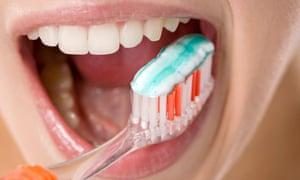 Whether you are a fanatical brusher or not, it is important that you keep up regular appearances at your dentist each year. Seeing your dentist for six monthly check up and cleans is an integral part of keeping good oral hygiene habits. Some of you may be wondering why we suggest that you come and see us regularly, when you already have good oral hygiene or don’t need any dental work. Well, let’s break it down for you.
Whether you are a fanatical brusher or not, it is important that you keep up regular appearances at your dentist each year. Seeing your dentist for six monthly check up and cleans is an integral part of keeping good oral hygiene habits. Some of you may be wondering why we suggest that you come and see us regularly, when you already have good oral hygiene or don’t need any dental work. Well, let’s break it down for you. Brushing and flossing are important because they remove left over food and debris that builds up throughout the day. However, over time our teeth will get a build up of calculus (solidified plaque) which, if left can cause irritation to the gums and potentially decay in the teeth. If you brush and floss regularly then the build-up of tartar around your teeth should be minimal, however it still needs to be removed by a dentist to prevent any issues occurring.
Brushing and flossing are important because they remove left over food and debris that builds up throughout the day. However, over time our teeth will get a build up of calculus (solidified plaque) which, if left can cause irritation to the gums and potentially decay in the teeth. If you brush and floss regularly then the build-up of tartar around your teeth should be minimal, however it still needs to be removed by a dentist to prevent any issues occurring. Our mouths are home to millions of bacteria that thrive and feed off the plaque and tartar we accumulate over time. Your dentist will use specially designed instruments to remove the build-up from your teeth and around your gums, this can help to reduce swollen inflamed gums and prevent decay developing in the teeth. The longer we leave this on our teeth, the more likely we are to develop issues such as gum disease which over time can result in bone loss and the potential loss of teeth.
Our mouths are home to millions of bacteria that thrive and feed off the plaque and tartar we accumulate over time. Your dentist will use specially designed instruments to remove the build-up from your teeth and around your gums, this can help to reduce swollen inflamed gums and prevent decay developing in the teeth. The longer we leave this on our teeth, the more likely we are to develop issues such as gum disease which over time can result in bone loss and the potential loss of teeth.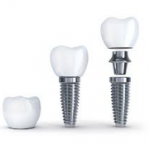 Dental Implants
Dental Implants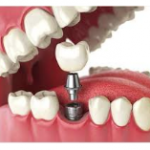 How does it work?
How does it work?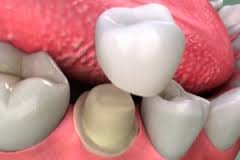 A crown may be needed for a number of reasons, these reasons can include:
A crown may be needed for a number of reasons, these reasons can include: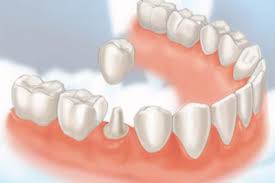 There are two visits involved in the making of a crown, the first visit is to prepare the tooth and the second visit is the placement of the permanent crown.
There are two visits involved in the making of a crown, the first visit is to prepare the tooth and the second visit is the placement of the permanent crown.
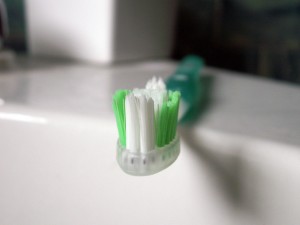 Brushing twice a day and flossing at least once a day it important but this alone will not completely care for your teeth. Food and debris can become trapped under your gums where your toothbrush and floss cannot reach. If left untreated, over a period of time this can cause problems such as decay or periodontal (gum) disease.
Brushing twice a day and flossing at least once a day it important but this alone will not completely care for your teeth. Food and debris can become trapped under your gums where your toothbrush and floss cannot reach. If left untreated, over a period of time this can cause problems such as decay or periodontal (gum) disease.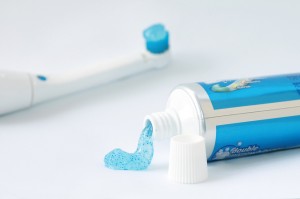
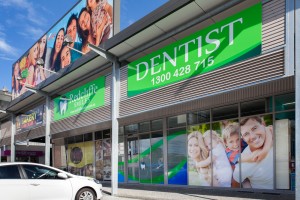
 My biggest thank yous though go to Kelly and Peter, my guardian angels, who have gone above and beyond. Thanks for the countless hours and many late nights fine-tuning and for putting up with my fussiness. I really can’t articulate just how appreciative I am.
My biggest thank yous though go to Kelly and Peter, my guardian angels, who have gone above and beyond. Thanks for the countless hours and many late nights fine-tuning and for putting up with my fussiness. I really can’t articulate just how appreciative I am.

